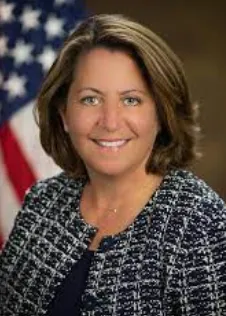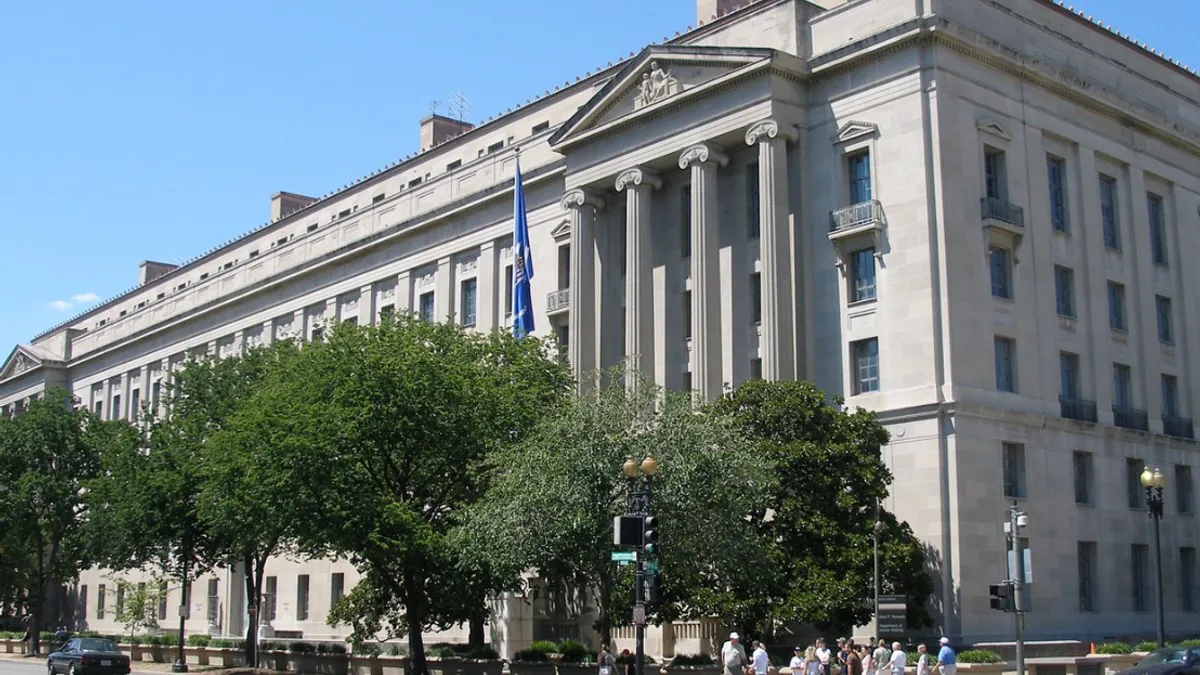Companies that tie executive compensation to compliance and also try to claw back pay from bad-acting employees can get penalties reduced when they enter into agreements with the Department of Justice, DOJ’s Deputy Attorney General Lisa Monaco said March 2.
As part of a sweeping revamp of its white collar criminal enforcement effort that began last year, DOJ is aligning its policies across divisions so companies can get breaks on penalties in exchange for cooperative behavior, no matter what division is taking action against them, Monaco said in remarks at a white collar crime conference hosted by the American Bar Association in Miami.
Monaco singled out Danske, the Danish bank, which got a penalty break last year for anti-money laundering compliance failures in exchange for linking executive bonuses to compliance performance.
“Danske executives with a failing score for compliance will also fail to secure a bonus,” she said.

Going forward, any company that gets caught up in a DOJ enforcement action, whether the division focuses on tax, antitrust, environmental law, national security or something else, can expect the resolution to include a requirement that it revamp executive compensation so good behavior is rewarded and bad behavior discouraged.
“Nothing grabs attention or demands personal investment like having skin in the game, through direct and tangible financial incentives,” she said.
Clawback efforts
As part of its enforcement revamp, companies that initiate clawbacks to get ill-gotten gains back from wrongdoing employees can get all or some of that amount shaved off their penalties.
“At the outset of a criminal resolution, the resolving company will pay the applicable fine, minus a reserved credit equaling the amount of compensation the company is attempting to claw back from culpable executives and employees,” she said. “If the company succeeds and recoups compensation from a responsible employee, the company gets to keep that clawback money — and also doesn’t have to pay the amount it recovered.”
Because it can be hard to get the full amount back from employees, the company can benefit from its effort even if it doesn't succeed.
“We heard from stakeholders about how challenging and how expensive the pursuit of clawbacks can be,” she said, so “the pilot program will also ensure that those who pursue clawbacks in good faith but are unsuccessful are still eligible to receive a fine reduction.”
Monaco used her remarks to reiterate announcements the department has been making over the past several months about its stepped-up effort to encourage companies to self-report violations, even if they’re recidivist, because doing so can help them avoid DOJ seeking a guilty plea, get reduced penalties and a deferred prosecution agreement.
Any company that self-discloses, she said, virtually ensures the department won’t seek a guilty plea.
“Absent aggravating factors, no department component will seek a guilty plea where a company has voluntarily self-disclosed, cooperated and remediated the misconduct,” she said.
Aggravating factors might include a top executive deliberately trying to bury wrongful conduct within company operations, she’s said in previous remarks.
“I want every general counsel, every executive and board member to take this message to heart,” she said. “Where your company discovers criminal misconduct, the pathway to the best resolution will involve prompt voluntary self-disclosure to the Department of Justice.”











